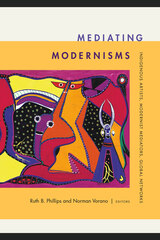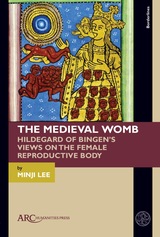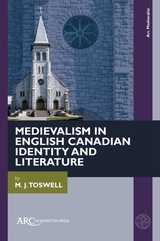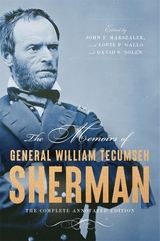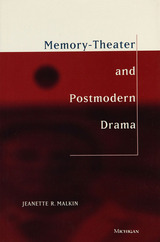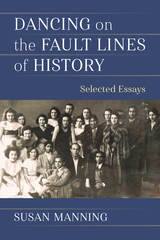
Like the artists at the center of her research, Manning’s writing dances on the fault lines of history. Her introduction and annotations to the essays reflect on how and why these keywords became central to her research, revealing the autobiographical resonances of her scholarship as she confronts the cultural politics of the late twentieth and early twenty-first centuries.
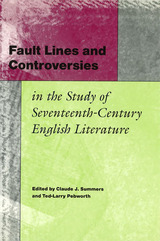
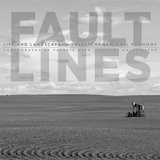
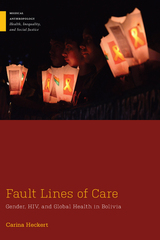
The HIV epidemic in Bolivia has received little attention on a global scale in light of the country’s low HIV prevalence rate. However, by profiling the largest city in this land-locked Latin American country, Carina Heckert shows how global health-funded HIV care programs at times clash with local realities, which can have catastrophic effects for people living with HIV who must rely on global health resources to survive. These ethnographic insights, as a result, can be applied to AIDS programs across the globe.
In Fault Lines of Care, Heckert provides a detailed examination of the effects of global health and governmental policy decisions on the everyday lives of people living with HIV in Santa Cruz. She focuses on the gendered dynamics that play a role in the development and implementation of HIV care programs and shows how decisions made from above impact what happens on the ground.
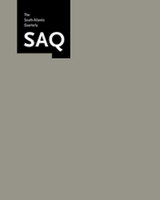
In recent decades, Turkish economy, society, and culture have undergone intense changes affected by influences other than Western modernity. Issues of national identity are being transformed by such phenomena as the rise of political Islam, integration into a global economy, ethnic conflict, and women’s struggles for autonomy. This special issue of SAQ explores how these redefinitions are occurring in the areas of art, literature, and popular culture as well as economy and politics. The essays examine the preoccupation of modern Turkish literature and popular culture with notions of imitation and authenticity, as well as the ways in which the country’s secularization serves to promote an "official Islam"
Contributors. Hülya Adak, Meltem Ahiska, Ayse Gül Altinay, Tanil Bora, Ayse Bugra, Ümit Cizre, Menderes Çinar, Andrew Davison, Tuna Erdem, Suna Ertugrul, Kathy Ewing, Erdag Göknar, Nurdan Gülalp, Sibel Irzik, Orhan Koçak, Bruce Kuniholm, Jale Parla, Nükhet Sirman, Levent Soysal, Necmi Zeka
READERS
Browse our collection.
PUBLISHERS
See BiblioVault's publisher services.
STUDENT SERVICES
Files for college accessibility offices.
UChicago Accessibility Resources
home | accessibility | search | about | contact us
BiblioVault ® 2001 - 2025
The University of Chicago Press


